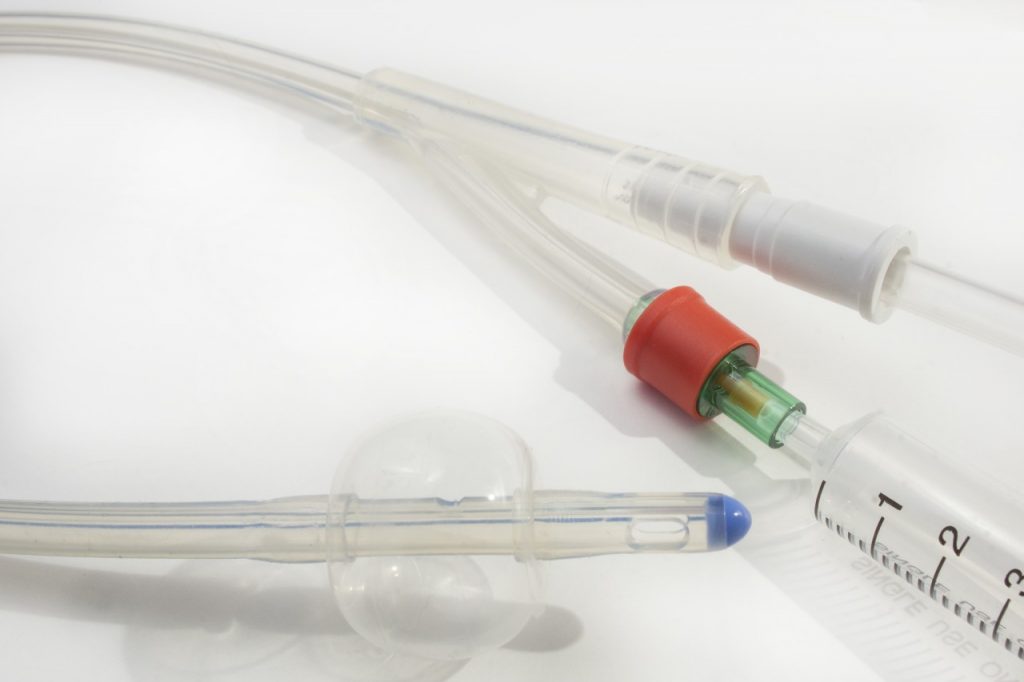Foley catheter
A Foley catheter is a flexible tube that is used to drain urine. The catheter is passed through the urethra and into the bladder by a clinical expert. It is a common type of indwelling catheter. It is made up of plastic or rubber and is super soft to use. The catheter is available in different sizes, but the clinical provider tries to use the smallest appropriate catheter for doing the job.
For how long can we use a foley catheter? The catheter can be used for 2-12 weeks. It may depend on the manufacturer to manufacture; you can read the guidelines and usage tips given. The catheter needs to be replaced every three months. Generally, the medical staff does this, but it may also be taught to the patient or the helper along with the patient.
Types of catheter
There are mainly three types of catheters: external catheters, indwelling catheters, and short-term catheters. Every catheter has its purpose of serving.
- Indwelling catheter
It is a catheter that resides in the bladder. The indwelling catheters are also sometimes called urethral or suprapubic catheters.
- External catheter
These are also called condom catheters. These are placed around the penis and are secured with the help of an adhesive or a strap.
- Short-term catheter
These catheters are also called intermittent catheters. These are similar to indwelling catheters but are used for a short period of around a couple of hours.
Difference between foley and catheter
The Foley catheter is a type of indwelling catheter and is designed especially for long-term usage. But a straight catheter is simply a straight tube and can not be used for long-term use. These are generally used for quick drainage.
Can I sleep in a catheter?
Well, yes, you can sleep in a catheter as long as the bedside bag is below the bladder. If the bedside bag is above the bladder, the urine will flow back into the bladder, and this might cause an infection. Additionally, do not go to bed or take a long nap when you are wearing a leg bag.
Can the bowel movement be affected by the use of a catheter?
It is important not to become constipated when you’re using an indwelling catheter. The bowel position is very close to the bladder, and if full pressure is developed in the bowel, the flow of urine can be obstructed, and there are high chances of urinary leakage through the urethra.

